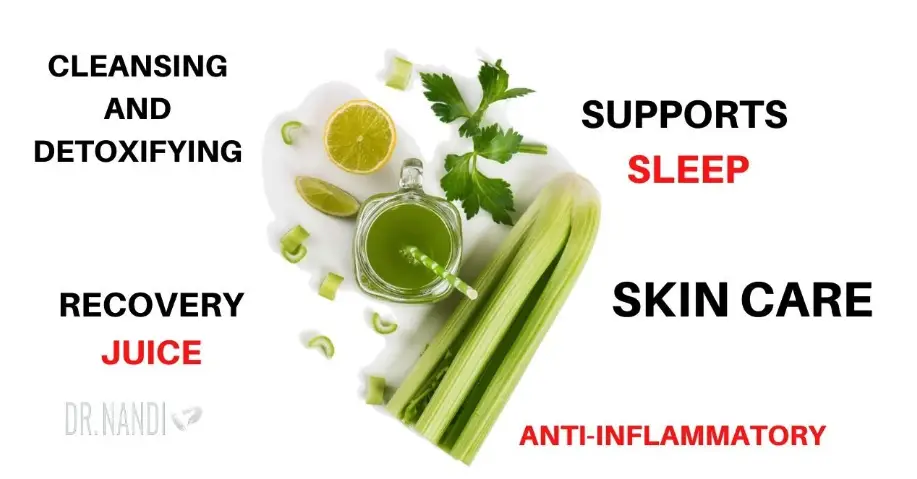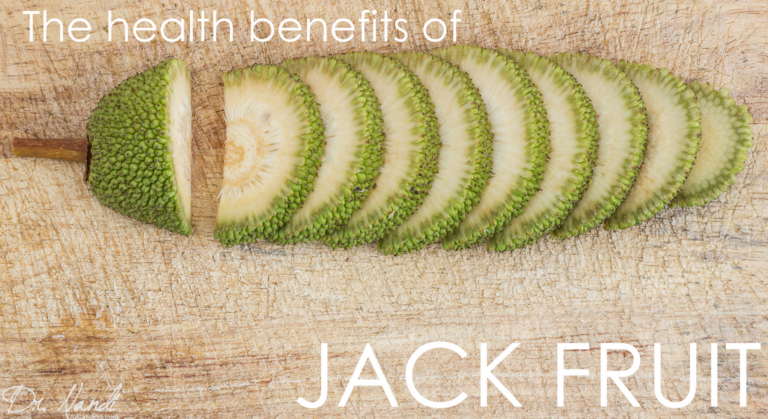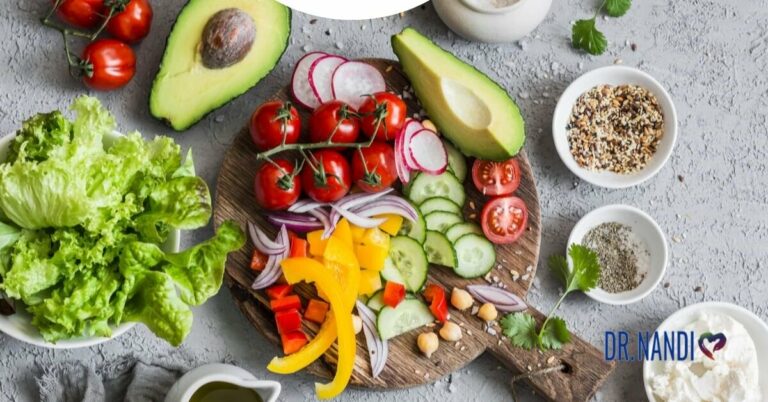Celery juice is a powerhouse of valuable nutrients. The juice is produced by juicing the stalks and the leaves together to extract the liquid. The juice has a mild flavor, few calories, and contains fiber. Celery juice contains two powerful antioxidants, vitamin C, calcium, iron, and other vitamins and minerals.
Celery Juice Nutrition
Since most plant fiber has been removed, celery juice contains more nutrients per serving than celery stalks. Below is the celery juice nutrition information based on one cup (240 mL):
- 42.5 calories
- 2 grams of protein
- 9.5 grams of carbohydrates
- 5 grams of sugar
- It has 8% of the Daily Value (DV) of calcium
- It has 7% of the DV of magnesium
- It has 5% of the DV of phosphorus
- It has 14% of the DV of potassium
- It has 9% of the DV of sodium
- It has 7% of the DV of vitamin A
- It has 16% of the DV of vitamin C
- It has 74% of the DV of vitamin K
It’s also high in minerals like zinc, copper, folate, biotin, other B vitamins, and various antioxidants.
Health Benefits of Celery Juice
Below are the health benefits of celery juice.
Cleansing and Detoxifying with Celery Juice
Celery juice is known as a great internal cleanser. Juiced celery is highly alkalizing and hydrating, which helps to cleanse your kidneys. Many naturopathic doctors suggest celery juice to treat kidney stones. Adding celery juice to your diet may help remove excess water weight from your body and flush out toxins.
Celery Juice is Good for Recovery
Research has found that celery juice is excellent after exercising. Juicing celery can help rehydrate your body and add more essential electrolytes to keep it functioning correctly. It contains high levels of natural sodium and potassium electrolytes that help to keep the energy connections in your cells working well.
Celery Juice Supports Sleep
Celery juice has been known to help lower stress hormones, enhancing relaxation and sleep. The juice contains magnesium which is a calming mineral. A lack of magnesium can create difficulty in relaxing and getting proper rest.
Drinking Celery Juice is Good for the Skin
Celery juice contains vitamin K, C, and vitamin A, which may help many skin conditions. Celery juice has been found to aid in eczema, psoriasis, rosacea, and acne. Drinking celery juice daily is being studied to show how effective it can be in helping reduce the appearance of wrinkles, blemishes, and age spots.
Celery for Reducing Inflammation
Tests have shown that luteolin is found in celery juice and celery stalks. Luteolin is considered suitable for everything in your body, from your skin to your muscles and tissues. Because it can help reduce inflammation, it could help ease the pain of arthritis or headaches or other problems.
Celery Juice is Hydrating
Celery juice, like most vegetable juices, is primarily water. Celery juice may assist you in keeping hydrated. Many individuals don’t get enough water daily due to a lack of awareness or worry about their health. Staying hydrated helps control blood pressure, body temperature, brain function, nutrition delivery, waste excretion, and kidney health.
Celery Juice is Low in Sugar
Drinking celery juice is a better choice than drinking sugar-sweetened beverages. Meanwhile, soda, energy drinks, and other specialty coffees account for up to 50% of the extra sugar consumed in the United States diet. Depending on your consumption, these beverages might increase your daily calorie intake by 500 or more. Choosing low-sugar drinks, such as celery juice can help you reduce your overall sugar and calorie intake.
Celery Juice Contains Unstrained Fiber
It is essential to make celery juice with care. There is usually a fiber removal step in the process. Due to the absence of fiber, strained juice is less beneficial to your digestive health. So, to get the most gut health benefits, it may be best to avoid straining your juice.
Celery Juice May Promote Cardiovascular Health
There appears to be a significant connection between oxidative stress and hypertension. Eliminating free radicals can reduce oxidative stress. Vegetable juices prepared from celery leaves, kale, apples, cucumbers, lemon, and ginger might aid in lowering blood pressure.
Celery leaves are high in antioxidants, and the flavonoids present include apigenin. These phenolic chemicals affect lipid accumulation and metabolism. Low cholesterol levels protect against hypertension, atherosclerosis, and other cardiovascular problems.
Celery Juice May Reduce Liver Damage And Diseases
Celery leaves and stalks have antioxidant and anti-inflammatory properties on the liver. The phenols reduce the antioxidants and free radicals in your body. The antioxidant enzymes they promote in your body include glutathione reductase, superoxide dismutase, and catalase.
There is also evidence linking vitamin E supplementation to a lower risk of developing liver cancer. Vitamin E may lower the rate of fat peroxidation and accumulation in your liver.
Treatment is available for non-alcoholic fatty liver disease (NAFLD), cirrhosis, and hepatic malignancies.
Drinking Celery Juice May Enhance Fertility In Men
Recent research found that celery consumption improves fertility. Celery has long been used in traditional medicine to treat various ailments, including poor sexual performance and testicular damage. Celery’s antioxidant power aids in this regard. Flavonoids such as apigenin detoxify and protect the male reproductive system from chemical stress. It, in turn, improves sperm count and viability.
Celery Juice May Help Deal With Acne
Celery juice’s high content of folate and vitamins A and C, along with the antioxidants it contains, may aid in the prevention of infection and inflammation. Its rich antioxidant content, as well as anti-inflammatory components, might assist in the reduction of acne scars, marks, and pimples.
Celery Juice May Delay Early Signs Of Aging
Apigenin, luteolin, tannin, saponin, and kaempferol are all present in celery. Antioxidants help to eliminate free radicals and delay the aging process. It protects cells from premature death and helps prevent wrinkles and fine lines from developing.
References:
- Effects of aqueous extract of celery (Apium graveolens L.) leaves on spermatogenesis in healthy male rats – PMC (nih.gov)
- A Review of the Antioxidant Activity of Celery (Apium graveolens L) – PMC (nih.gov)
- Oxidative stress, aging, and diseases – PMC (nih.gov)
- Fruit and Vegetable Consumption and Their Polyphenol Content Are Inversely Associated with Sleep Duration: Prospective Associations from the UK Women’s Cohort Study – PMC (nih.gov)
- Neuroprotective effects of apigenin against inflammation, neuronal excitability and apoptosis in an induced pluripotent stem cell model of Alzheimer’s disease – PMC (nih.gov)
- An Updated Phytopharmacological Review on Medicinal Plant of Arab Region: Apium graveolens Linn – PMC (nih.gov)
- Hepatoprotective effect of feeding celery leaves mixed with chicory leaves and barley grains to hypercholesterolemic rats – PMC (nih.gov)
- Low-grade inflammation, diet composition and health: current research evidence and its translation – PMC (nih.gov)
- FoodData Central (usda.gov)
- Advances in the research of celery, an important Apiaceae vegetable crop – PubMed (nih.gov)
- Water intake: validity of population assessment and recommendations – PMC (nih.gov)
- Regional Differences in Sugar-Sweetened Beverage Intake among US Adults – PubMed (nih.gov)
- Environmental interventions to reduce the consumption of sugar-sweetened beverages and their effects on health – PubMed (nih.gov)
- Decreasing Trends in Heavy Sugar-Sweetened Beverage Consumption in the United States, 2003 to 2016 – PubMed (nih.gov)
- A Review of the Antioxidant Activity of Celery (Apium graveolens L) – PMC (nih.gov)
- Flavonoids: an overview – PMC (nih.gov)
- The importance of antioxidants which play the role in cellular response against oxidative/nitrosative stress: current state – PMC (nih.gov)




















